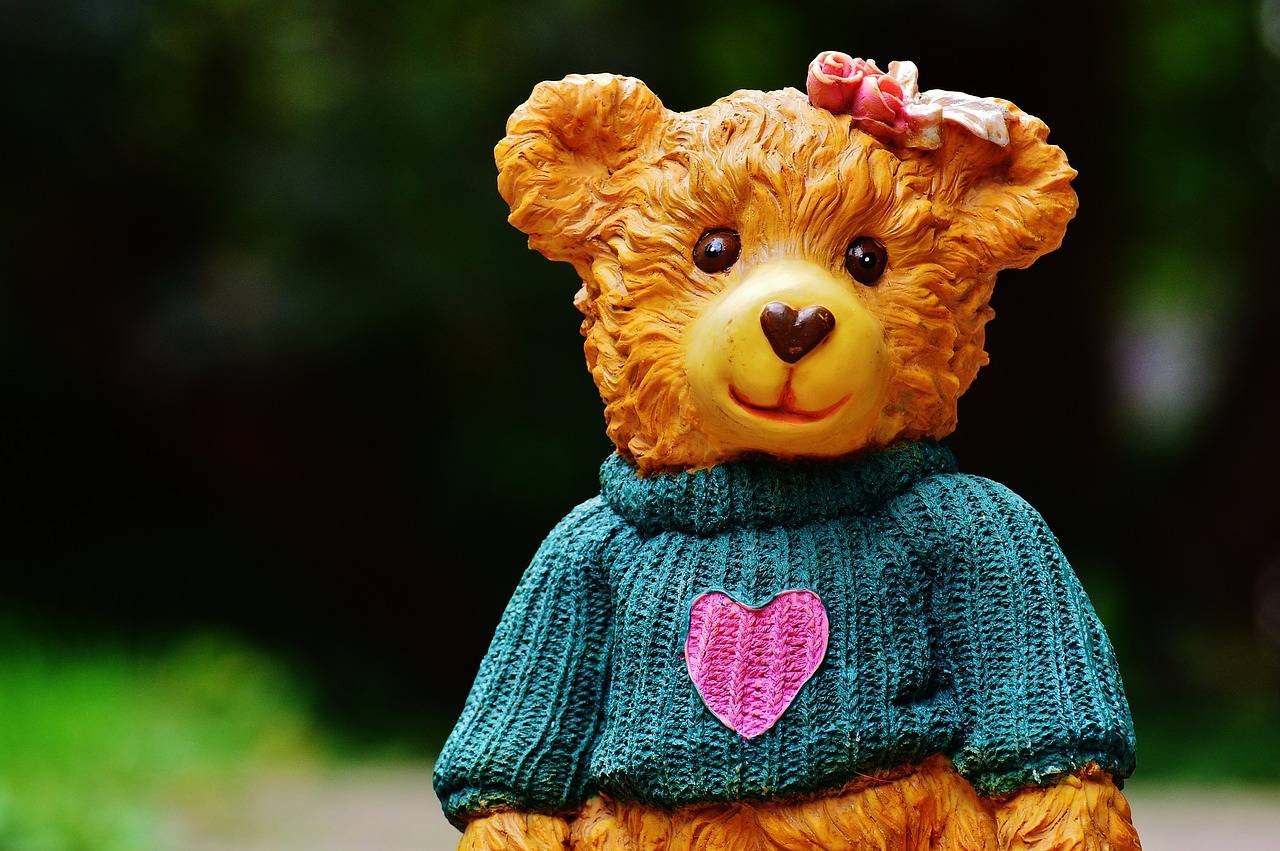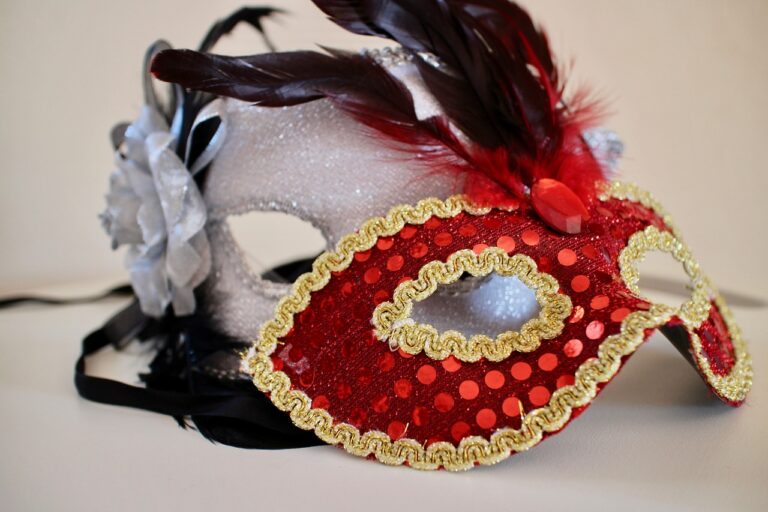The Impact of Comic Book Adaptations on Literary Scholarship and Pop Culture Studies: Betbook250 login, Reddybook id, Playlotus365
betbook250 login, reddybook id, playlotus365: Comic books have long been considered a niche form of literature, often dismissed as mere entertainment for children or geeks. However, in recent years, comic book adaptations have become a dominant force in both popular culture and academic scholarship. The impact of comic book adaptations on literary scholarship and pop culture studies cannot be underestimated.
The Rise of Comic Book Adaptations
Comic book adaptations have exploded in popularity in recent years, with major film and television studios clamoring to adapt comic book properties for the big and small screens. Marvel and DC Comics have led the charge with blockbuster films like The Avengers and Wonder Woman, but independent publishers like Image Comics have also seen success with adaptations like The Walking Dead.
These adaptations have introduced comic book characters and stories to a wider audience than ever before, sparking a renewed interest in comic book literature and expanding the scope of academic study in the field.
The Intersection of Literature and Pop Culture
Comic book adaptations have blurred the lines between literature and pop culture, challenging traditional notions of what constitutes “literature” and opening up new avenues for scholarly inquiry. Scholars are now examining comic books as complex narrative texts that engage with important social and cultural issues.
In addition, the popularity of comic book adaptations has led to the creation of dedicated academic programs and conferences that focus on the study of comics and graphic novels. These programs offer students and scholars the opportunity to delve deep into the world of comic book literature and explore its impact on society and culture.
The Impact on Literary Scholarship
Comic book adaptations have had a profound impact on literary scholarship, prompting scholars to reevaluate the way they approach the study of literature. Comic books are now recognized as legitimate objects of study, with their own unique narrative conventions and storytelling techniques.
Scholars are exploring questions of cultural representation, identity, and power dynamics in comic books, using them as a lens through which to examine larger social issues. The interdisciplinary nature of comic book adaptations has also led scholars to draw on fields such as media studies, cultural studies, and gender studies to better understand the complex relationships between text, image, and society.
FAQs
Q: Are comic book adaptations considered legitimate forms of literature?
A: Yes, comic books are now widely considered legitimate forms of literature, with their own unique narrative conventions and storytelling techniques.
Q: What impact have comic book adaptations had on popular culture?
A: Comic book adaptations have had a significant impact on popular culture, introducing comic book characters and stories to a wider audience and sparking a renewed interest in comic book literature.
Q: How have comic book adaptations influenced academic scholarship?
A: Comic book adaptations have prompted scholars to reevaluate the way they approach the study of literature, leading to the creation of dedicated academic programs and conferences that focus on the study of comics and graphic novels.







